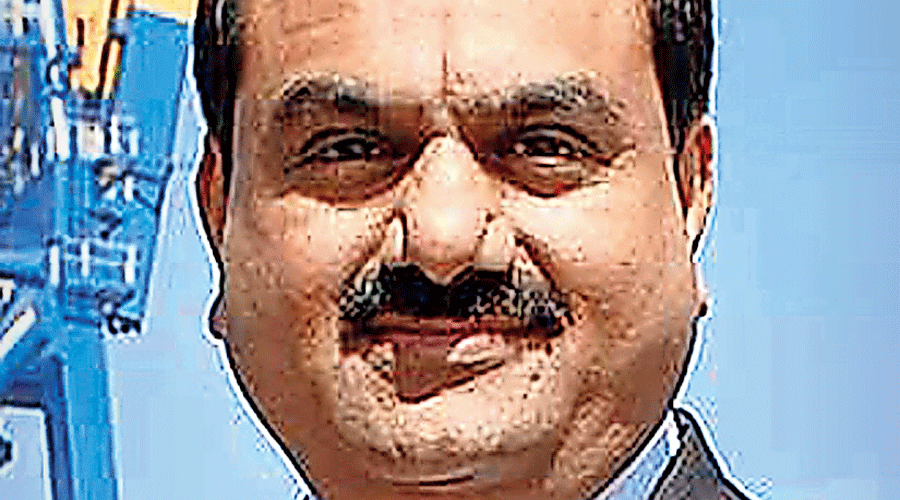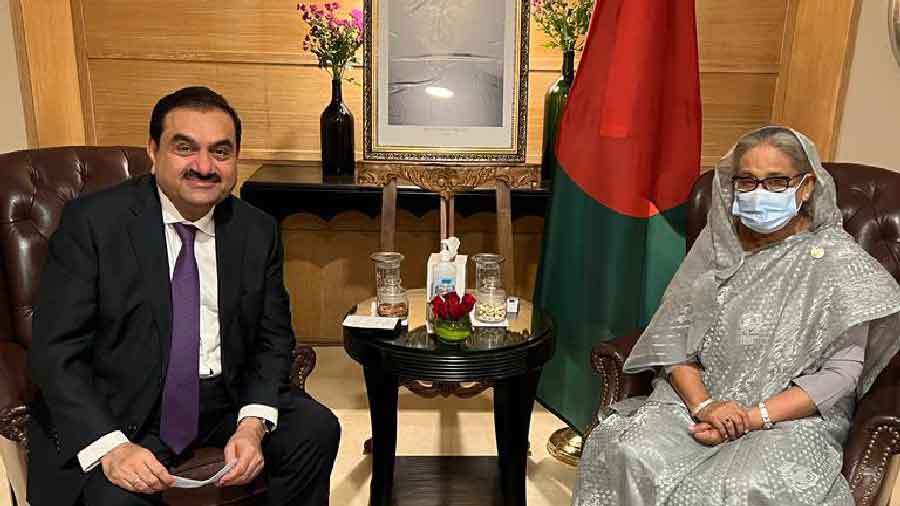The Adani group has contradicted an analyst report that said it was "deeply overleveraged’’. Adani companies have consistently reduced debt to improve their net debt to operating profit ratio even as they halved their loans from PSU banks, the group said.
In a 15-page note refuting a CreditSights report, the Adanis said their companies have consistently de-levered, with the net-debt-to-EBIDTA ratio declining to 3.2 from 7.6 in the last nine years. EBITDA (earnings before interest, taxes, depreciation & amortisation) of all Adani companies has shown a compounded annual growth rate (CAGR) of 22 per cent in the last nine years, while debt grew 11 per cent CAGR.
``The leverage ratios of Adani portfolio companies continue to be healthy and are in line with the industry benchmarks of the respective sectors. Over the last 10 years we have actively worked to improve our debt-metrics through our capital management strategy,’’ an Adani statement said.
CreditSights, Inc, a Fitch group firm, said in a recent report that the Adani group has been investing aggressively across both existing and new businesses, predominantly funded with debt, resulting in elevated leverage and solvency ratios.
The Adani statement said its businesses operate on a simple yet robust and repeatable business model focused on development and origination, operations and management and capital management plan. The six listed companies have a gross debt of Rs 1.88 lakh crore in March 2022 and net debt of Rs 1.61 lakh crore after considering the cash balance.
Loans from public sector banks in 2015-16 accounted for 55 per cent of all debt of the group firms, which came down to 21 per cent by the end of the last fiscal. In 2015-16, private banks accounted for 31 per cent of loans, which has now dipped to 11 per cent. Money raised through bonds has jumped to 50 per cent of all loans from 50 per cent.
While it cited numbers that were different from that of CreditSights, the Adani group said the leverage ratios of its companies continue to be healthy and are in line with industry benchmarks. Over the last decade it has focussed on improving the debt metrics through its capital management strategy. It added that group firms also have a full-fledged capital management plan (CMP) which are set in a manner to automatically push them towards deleveraging.
The group further disclosed that it has raised $16 billion via “comprehensive equity” under a systemic capital management plan for half a dozen firms over the past three years. They were raised through a combination of primary, secondary and committed equity from global investors, including TotalEnergies, Abu Dhabi-based International Holding Company PJSC, QIA and Warburg Pincus.












